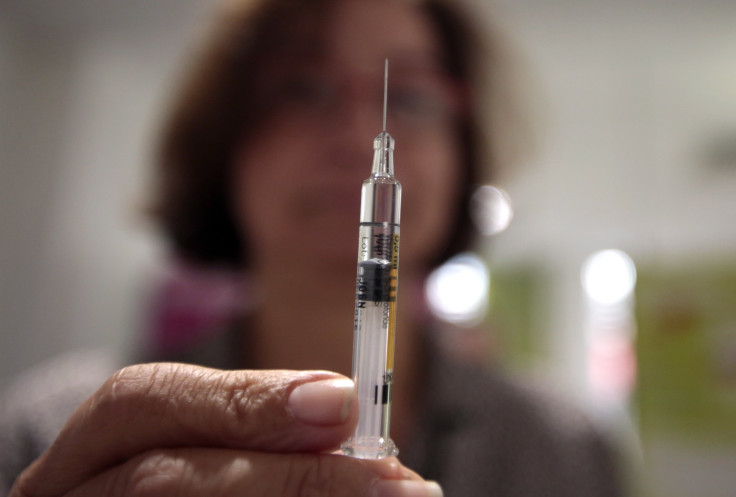The early-stage human trials for a new potential coronavirus vaccine originating from the University of Oxford are underway. On Tuesday, Oxford spinout SpyBiotech announced that its partner, the Serum Institute of India, has begun the phase I/II trials in Australia and will enroll several hundred more volunteers to participate in the tests.
SpyBiotech is working with the Serum Institute of India, the largest vaccine manufacturer in the world, in developing the vaccine. SpyBiotech has raised 15 million pounds from investors for the development of the experimental COVID-19 vaccine and has signed an exclusive licensing agreement with the Serum Institute for the shot.
SpyBiotech chief executive officer Sumi Biswas said the new experimental coronavirus vaccine makes use of a virus-like particle from the Hepatitis B antigen as a carrier. By using SpyBiotech’s SpyCatcher/SpyTag protein conjugation technology, it attaches the virus-like particle to the coronavirus spike protein to stimulate an immune response. The same particle has been used for decades to produce a licensed vaccine against Hepatitis B.
Biswas explained that the technology used in developing the vaccine allows antigens to be attached to virus-like particles in a way that boosts stability and effectiveness. “It is a bacterial superglue technology which allows you to attach antigens onto different vaccine delivery platforms,” she said. “COVID has definitely accelerated the development of our company’s platform,” she added.
SpyBiotech and Serum Institute will release the initial data readout of the trials in October or November. Once proven successful, the experimental vaccine will be at the center of India’s COVID-19 response. India is now the second country in the world with the most COVID-19 cases.
SpyBiotech was established in 2017 by researchers who had worked with Adrian Hill and Sarah Gilbert at Oxford University’s Jenner Institute, which now has one of the most advanced COVID-19 vaccines in the world. Earlier this year, the institute reached a licensing agreement with AstraZeneca to produce 1 billion doses of the Oxford shot. On Tuesday, however, AstraZeneca announced that the late-stage clinical trials of its COVID-19 vaccine had been put on temporary hold due to safety concerns.

© 2025 Latin Times. All rights reserved. Do not reproduce without permission.



